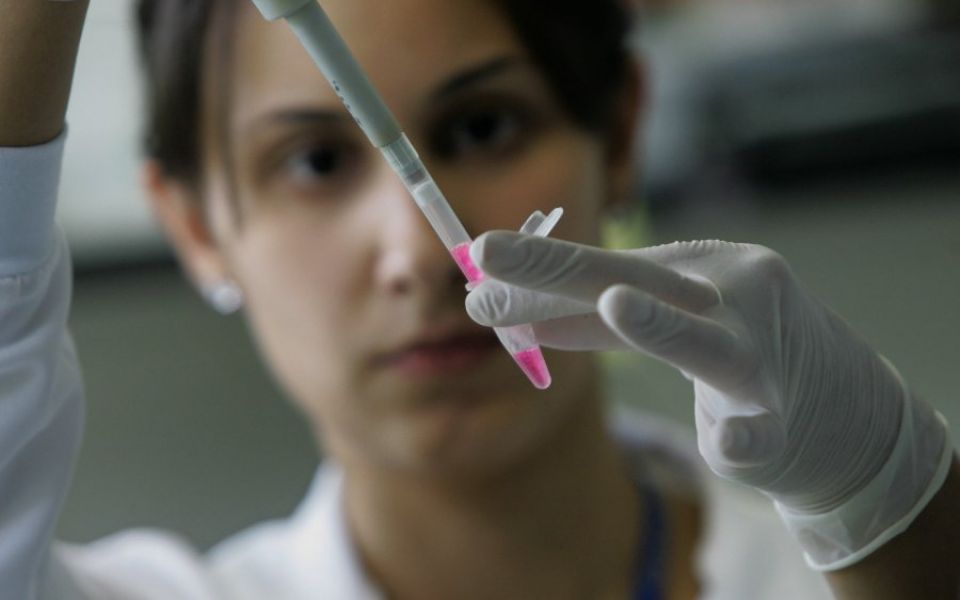DNA testing is in danger of undoing everything business has worked hard to changee

Since the discovery of DNA, we have been fascinated by our genetic makeup. What do we comprise of at the most fundamental level? How does this contribute to who we are?
Our growing comprehension of DNA has also proved critically useful – helping to identify criminals, proving paternity, and showing propensity for certain medical conditions.
But does this mean we should welcome DNA-testing into the workplace?
Read more: Jobs miracle is a real achievement for the UK
Workplace DNA testing looks at five genes that are associated with performance – focus, bonding, influencing, boldness, and leadership.
These are critical attributes for many roles, so understanding how a prospective candidate is weighted in each of these should be useful.
However, insufficient research has been done on the validity or ethical implications of DNA testing to advocate its widespread adoption in recruitment.
What’s worrying is that – if DNA testing becomes commonplace in work environments – organisations might depend solely on this tool to analyse candidates for a role.
It goes without saying that there’s so much more to a person than what inherently may be in their genes. Every individual is a unique composition of professional and personal experiences, competencies, and motivations.
Even if two people are genetically similar, their behaviour, skills, personality, outlook, ambition and attitude can be very different.
DNA testing can be a powerful tool, but that doesn’t mean businesses should disregard other methods used to assess a person’s suitability for a role.
The recruitment process can be laborious, and it’s no secret that employers are struggling to find the right talent – so you can see why some would be enticed by the speed and efficiency of using DNA to assess potential staff.
But we should be concerned about the unintended and harmful consequences it could have on the workforce – particularly when it comes to things like diversity.
It’s crucial that employers carry out a full assessment when hiring employees. Indeed, sophisticated workplace assessments already exist, which study an individual from numerous angles, getting right under the skin of what drives them – without so much as a glimpse at their genetic makeup.
It might be early days, but employers would be wise to consider their stance on this. If you ask a prospective candidate to participate in a DNA test, what does it say about your business?
It can suggest that businesses are looking for one specific kind of person that matches a DNA profile, and not looking beyond genetics to find individuals with real potential.
Success is not just about what you are born with. And people want to be seen as more than just a piece of code.
Selecting people based on their genetics alone can contradict the widespread push to build diverse teams and boards.
Research clearly indicates that diverse teams perform better. If companies recruit based on DNA-fit, how will they achieve this diversity of gender, ethnicity, thought, background, experience, geography and culture?
It’s easy to see the appeal of DNA testing. After all, every employer is looking for a silver bullet to talent acquisition and recruitment challenges.
However, they need to tread carefully when considering DNA-testing as an assessment tool.
Instead, be rigorous about using the tools that already exist, which can give a holistic and more meaningful view on an individual’s potential.
Read more: Vodafone launches recruitment programme for women on career breaks